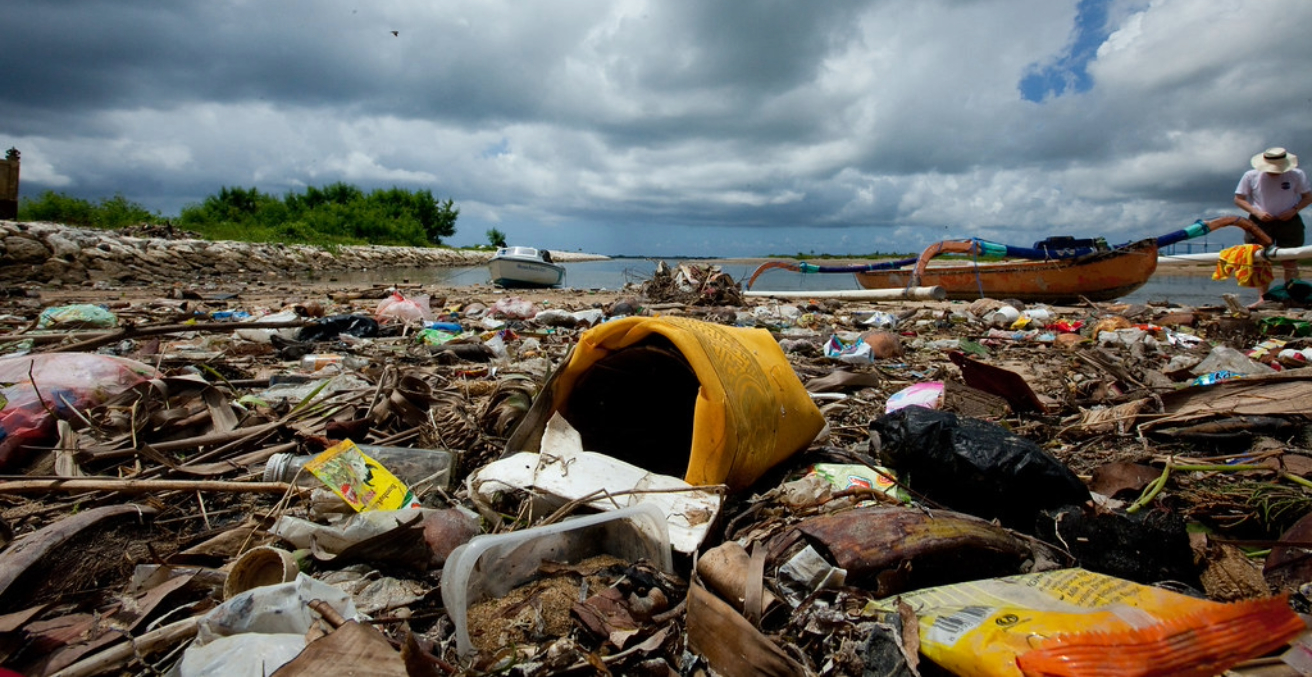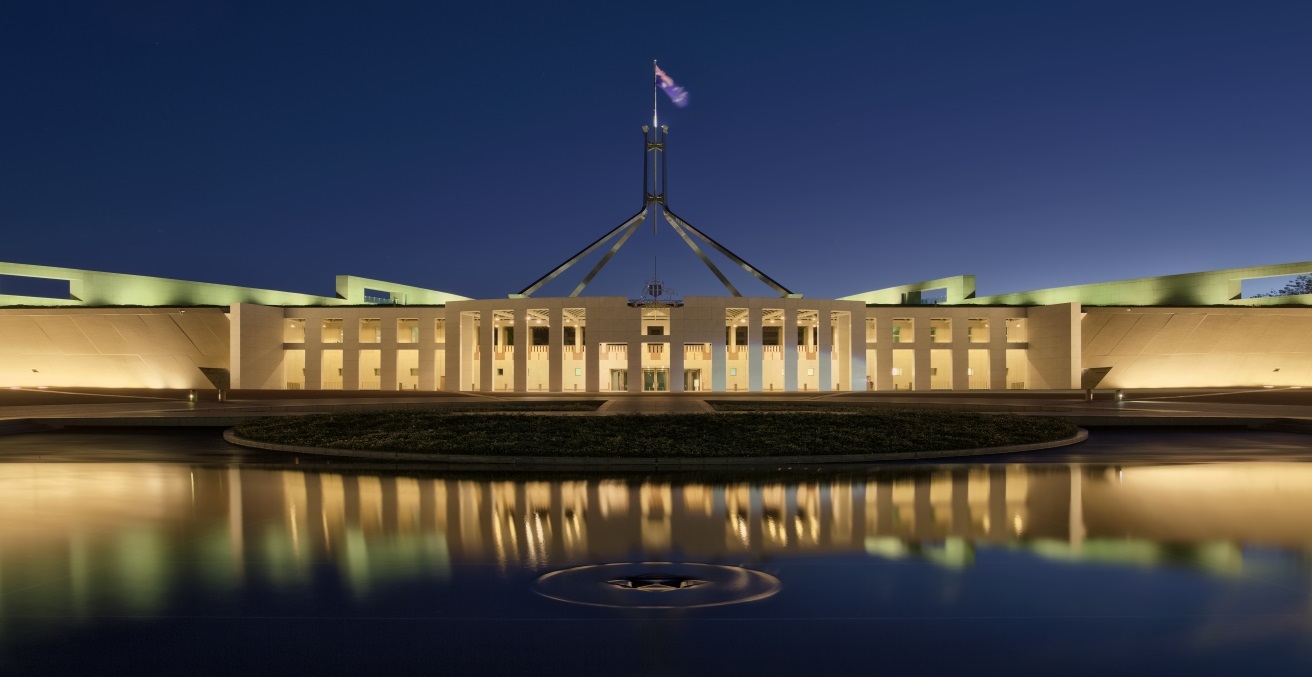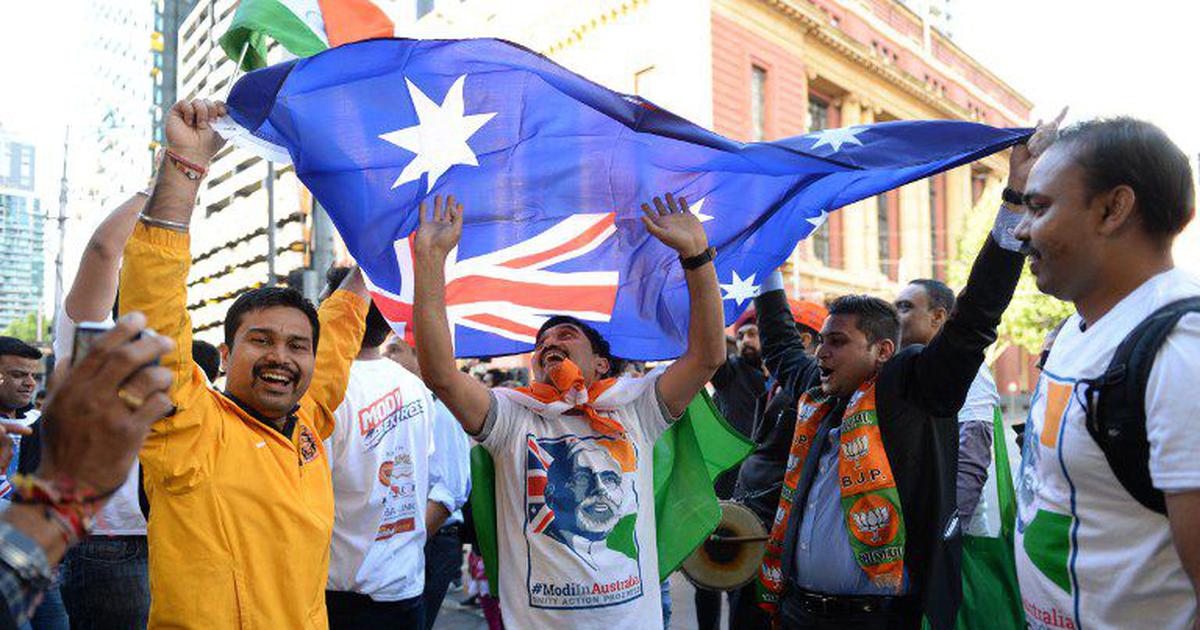Global efforts to curb plastic pollution are nearing a decisive moment, with negotiations for a binding international treaty entering their final stage. Regardless of the outcome, Australia has a vital opportunity to lead the Indo-Pacific in creating a regional action plan to combat marine plastics.
Plastic pollution is a global problem. A binding international treaty to address the marine plastics pollution problem may be close to finalisation. Whether or not such a treaty is agreed and implemented, Australia should take the lead, working with key regional partners, to develop a marine plastics action plan for the Indo-Pacific.
A recent study found the Indo-Pacific is central to global marine plastic pollution. Most of the plastic input in the Indian Ocean is from the northern Indian Ocean, particularly the Bay of Bengal. Coastal sources have a significantly greater impact in the Indian Ocean than riverine sources.
On 5 August, representatives from some 170 countries convened in Geneva for what might be the final round of negotiations on a binding international treaty on plastic pollution. This treaty has been in discussions since 2022 and it aims to promote the sustainable production and consumption of plastics over its full lifecycle.
A recent decision of the Sri Lankan Supreme Court, which awarded some AUD$1.54 billion in damages against the owners of the ship X-Press Pearl, is an important reminder of the extreme environmental and economic consequences of plastic pollution for our region. The X-Press Pearl was a container ship that caught fire and sank off Sri Lanka in May 2021. In addition to leaking toxic chemicals, the ship released around 75 billion plastic nurdles—raw materials for making polyethylene bags and other plastic products—which caused fatal damage to sea turtles, dolphins, and whales, and inflicted severe harm on the country’s fishing and tourism industries. This was the world’s single worst plastic pollution incident.
There has been considerable progress in negotiating a global plastics treaty over the last few years. However, there’s still disputes about its scope and whether it should, for example, address plastics production. Big hydrocarbon producers, such as Saudi Arabia, China, Russia, and Iran, want the treaty to focus on the use and recycling of plastics rather than their production. The United States rejects a global pact that would limit plastic production and ban certain plastic chemicals. Unsurprisingly, the world’s largest plastic producers are China, the US, and Saudi Arabia.
For problematic plastic products, disagreements exist over whether to address associated chemicals and whether action should be taken at the national, global, or regional level. There is also debate over making design requirements for plastics mandatory or voluntary. Some states are calling for clearer guidance on how specific design approaches should be applied to different sectors and products.
The current draft treaty contains valuable provisions aimed at preventing the release and leakage of plastics, including microplastics, into the environment. It also addresses improving waste management, removing existing plastic pollution within national jurisdictions, and fostering cooperation in areas beyond national jurisdiction.
Australia has played a leading role in building norms to mitigate marine plastics pollution in the Pacific. We have been an active participant in the global treaty negotiations, where we’ve sought an effective and meaningful treaty that supports circular economy approaches and ends plastic pollution by 2040. We have stressed the need to eliminate unnecessary, and problematic, plastic products and packaging and accelerate international efforts to remove potentially harmful chemicals from plastic.
The Geneva negotiations this month may not finalise a treaty text. If they do, then it’s difficult to predict how long it will take to formalise the treaty. Once the treaty is finalised, Australia will need to formally sign, ratify, and implement it into domestic law. But whether (and when) a global treaty is agreed, urgent action still needs to be taken at a regional level.
The authors have previously argued for the need for an Indo-Pacific Declaration and Regional Action Plan on Marine Plastics that could be stand alone or be nested under an international treaty. Building on this proposal, Australian researchers Greg Rose and Karen Raubenheimer have set out a six year implementation plan for reducing marine plastics in the Indian Ocean.
Developing an Indo-Pacific regional action plan would require Australia to work with key regional partners, such as India, to gain buy-in from the entire region. This would be a concrete opportunity to demonstrate regional leadership on an ocean management issue that affects us all.
Dr Anthony Bergin is an expert associate at the National Security College at the Australian National University and senior fellow at Strategic Analysis Australia.
Dr David Brewster is a Senior Research Fellow at the National Security College at the Australian National University. He is also Distinguished Research Fellow with the Australia India Institute, University of Melbourne.
This article is published under a Creative Commons License and may be republished with attribution.





